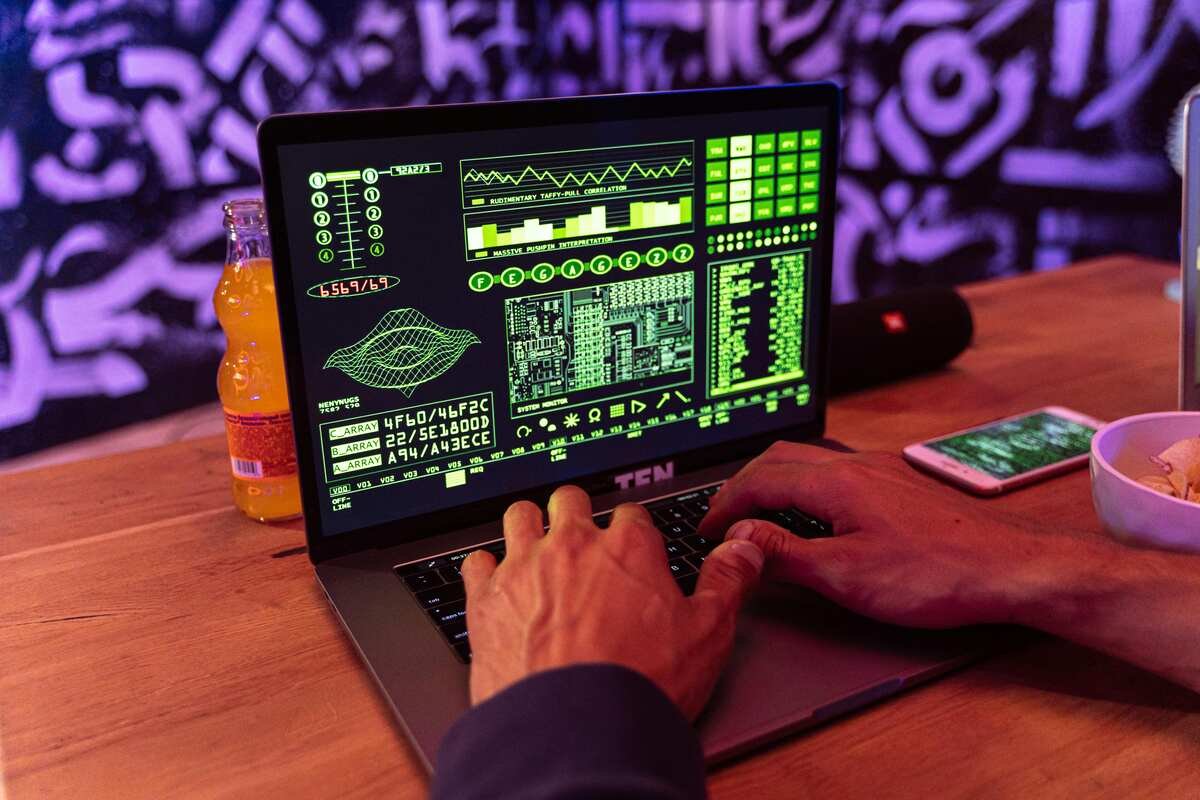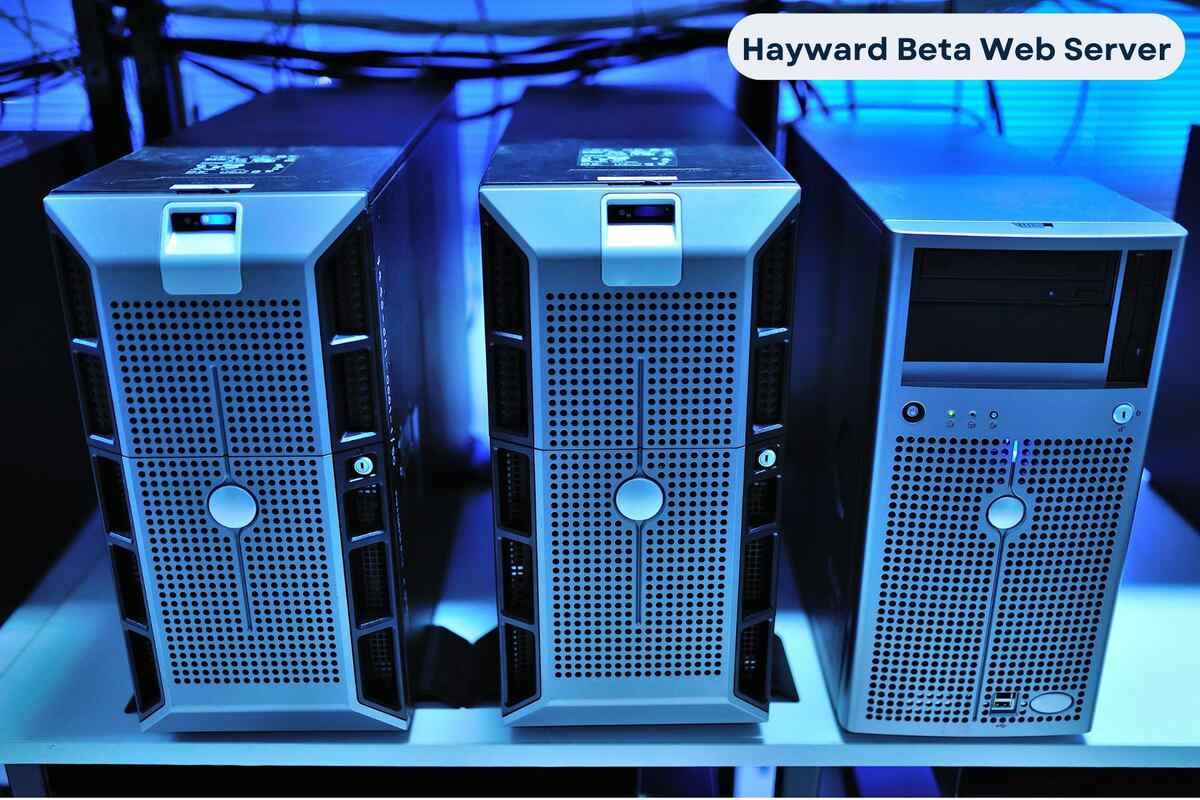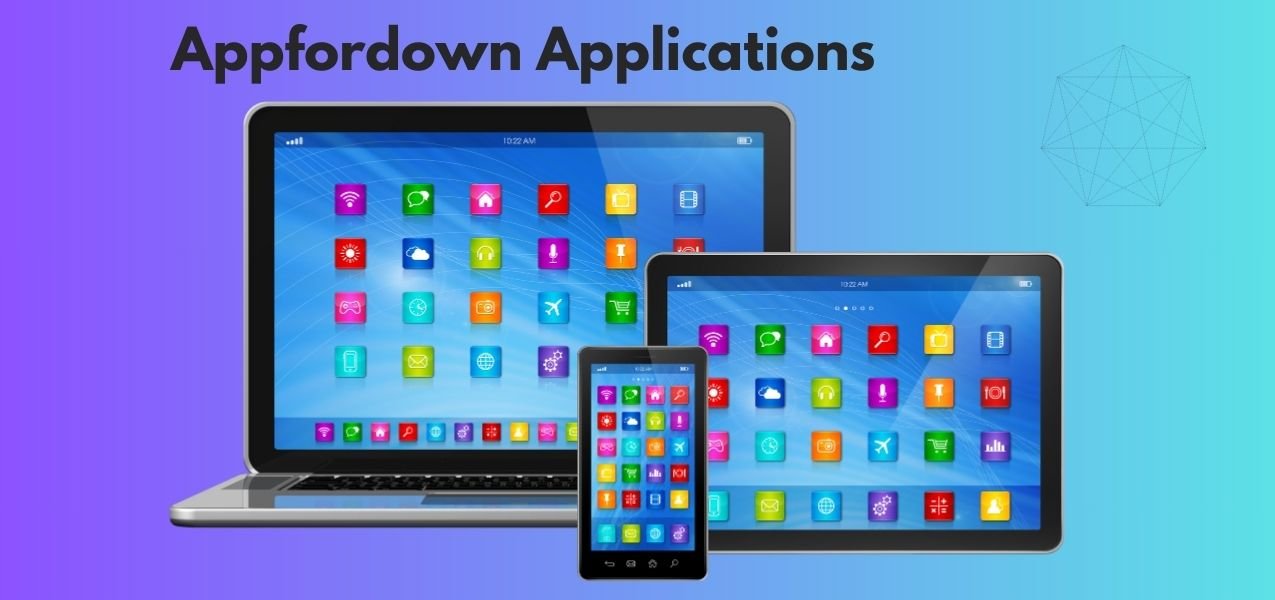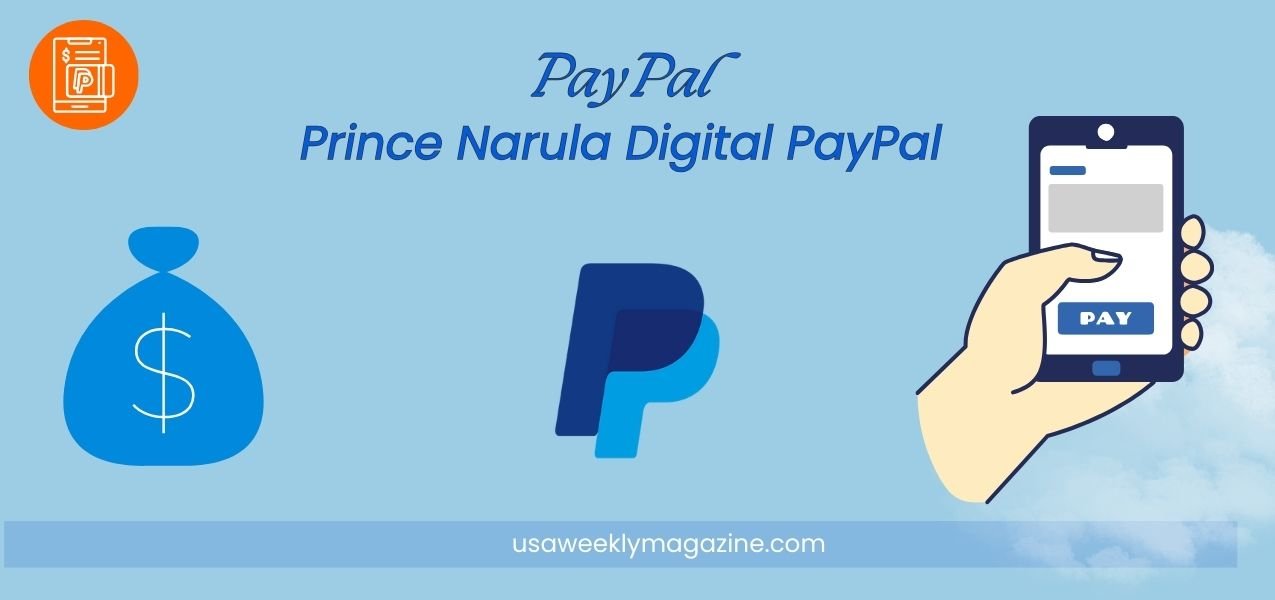Blockchain technology has become a game-changer in the business world. While it first gained fame through cryptocurrencies like Bitcoin, blockchain technology is now a versatile tool transforming industries from finance to healthcare and beyond. In this article, we’ll break down what blockchain is, why it’s important, and how it’s impacting different sectors. Whether you’re a tech enthusiast or simply curious about new innovations, this is for you.
What Is Blockchain Technology?
Think of blockchain as a digital ledger that’s distributed across multiple computers. Unlike traditional systems, where one central entity controls the data, blockchain is decentralized. Everyone on the network has access to the same information, and once a transaction is recorded, it can’t be altered.
Key features include:
- Decentralization: No single entity controls the data.
- Transparency: All participants in the network can view the same information.
- Immutability: Once data is added to the blockchain, it cannot be changed or deleted.
- Security: Cryptographic methods protect the data, making tampering almost impossible.
Blockchain is also being used for secure verification through blockchain digital credentials and blockchain digital certificates, which provide a tamper-proof way to validate academic degrees, professional certifications, and more.
Why Businesses Are Adopting Blockchain
1. Improved Supply Chain Management
Blockchain technology is helping businesses gain better visibility and control over their supply chains. Imagine knowing exactly where a product has been, from raw materials to the store shelf.
Benefits include:
- End-to-end visibility: Track a product’s journey from start to finish.
- Authenticity verification: Use blockchain digital certificates to prove product origin and quality.
- Faster issue resolution: If something goes wrong, like a product recall, blockchain can help identify the problem quickly.
2. Faster and Cheaper Financial Transactions
Banking processes, especially international transfers, can be slow and expensive. Blockchain offers faster, more cost-effective solutions by cutting out the middleman.
Here’s how blockchain is transforming finance:
- Instant cross-border payments: Transactions that took days now take minutes.
- Fraud prevention: Blockchain’s security features make it difficult for hackers to manipulate transaction data.
- Blockchain digital credentials: Streamline loan approvals and identity verification.
3. Enhanced Customer Service with Blockchain
Let’s face it: Dealing with customer service can be a hassle. But blockchain is making things smoother by using smart contracts to automate repetitive tasks.
- Automated refunds: Refunds can be processed instantly through smart contracts without needing human intervention.
- Complaint resolution: Smart contracts automatically fulfill agreed-upon actions, saving time and reducing errors.
4. Healthcare: Secure, Efficient, and Accurate
In healthcare, privacy and accuracy are paramount. Blockchain helps by securely managing patient data and ensuring it can be accessed by authorized professionals only.
Key improvements include:
- Data privacy: Blockchain ensures medical records are secure and only accessible to those with permission.
- Blockchain digital certificates: Medical professionals can verify and share patient data securely.
- Supply chain tracking: Ensure medications and medical equipment are authentic and safely sourced.
5. Real Estate: Simplifying Transactions
Anyone who’s bought or sold property knows it can be a slow and painful process. Blockchain simplifies real estate transactions by automating much of the paperwork and ensuring transparency.
Benefits include:
- Faster transactions: Smart contracts automatically handle the sale and transfer of property.
- Fraud prevention: Blockchain keeps a transparent record of ownership, reducing the risk of fraud.
- Secure property transfers: Property titles and deeds can be transferred securely without the need for intermediaries like brokers or lawyers.
6. Voting and Governance: Transparent and Secure Elections
Blockchain is being explored as a way to secure voting systems. With concerns about election security in recent years, blockchain offers a transparent and tamper-proof solution.
Advantages include:
- Tamper-proof voting records: Votes recorded on a blockchain can’t be altered or deleted.
- Instant audits: Elections can be audited in real-time, increasing transparency and trust in the system.
The Future of Blockchain: A Perfect Match with Data Science
The future looks bright for blockchain, especially when combined with Data Science. Together, these technologies can help businesses make smarter decisions and safeguard their data.
Here’s why blockchain and Data Science are a powerful combo:
- Data accuracy: Blockchain ensures the data being analyzed by Data Science is tamper-proof, leading to more accurate insights.
- Fraud detection: By analyzing blockchain data, companies can spot patterns and anomalies to prevent fraud.
- Improved decision-making: With more accurate data, businesses can make better, data-driven decisions.
Conclusion
Blockchain technology is no longer just about cryptocurrencies—it’s shaping the future of business across multiple sectors. From blockchain digital certificates in supply chain management to blockchain security services in finance and healthcare, the technology is helping businesses become more transparent, efficient, and secure.
The combination of blockchain and Data Science offers endless opportunities for businesses to protect their data while using it for meaningful insights. As blockchain technology evolves, its adoption will continue to grow, offering new and exciting ways for businesses to innovate and stay competitive.
By embracing blockchain technology, companies can not only enhance their operations but also build stronger relationships with their customers in a world where security and transparency are becoming more critical every day.










